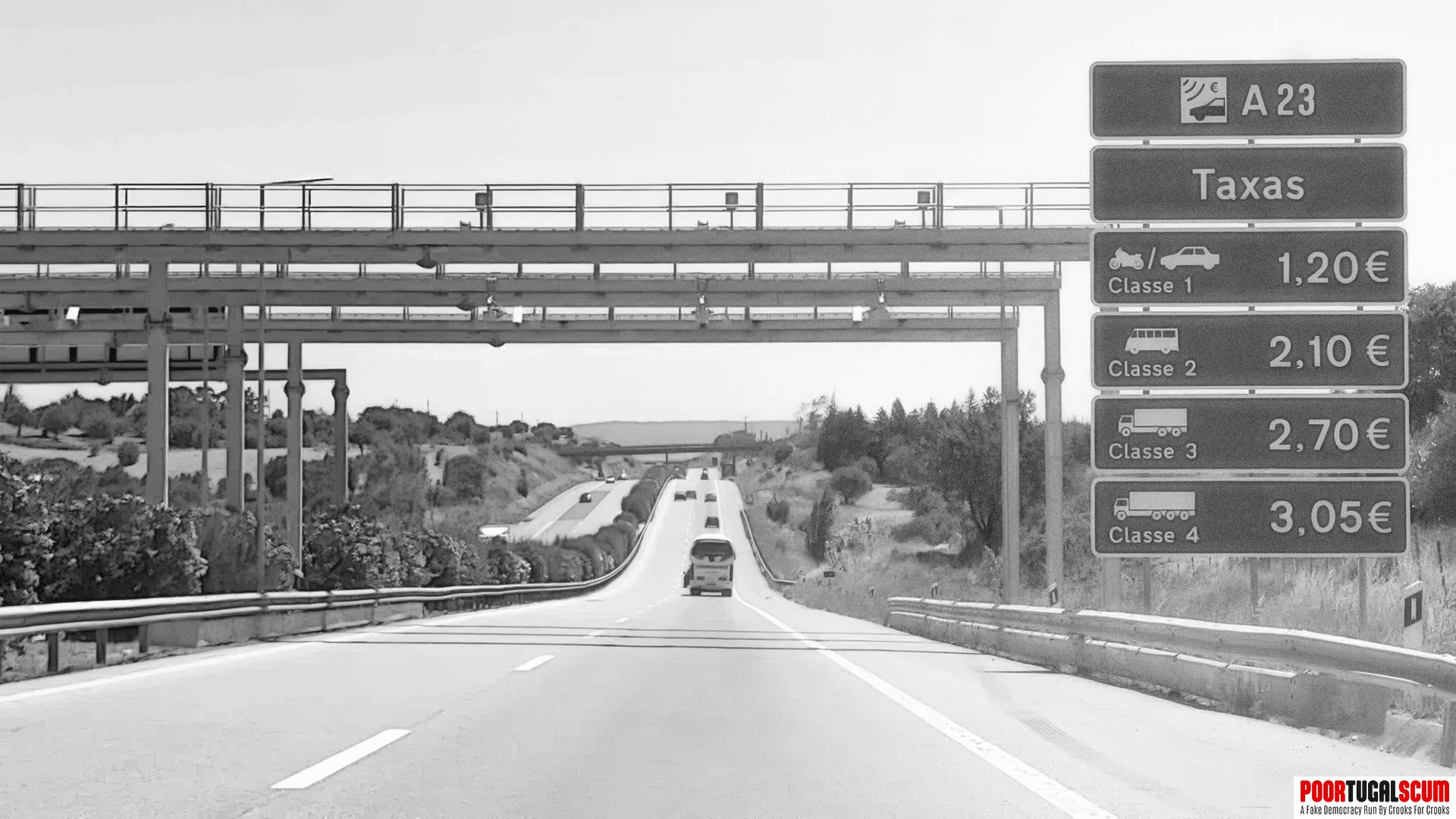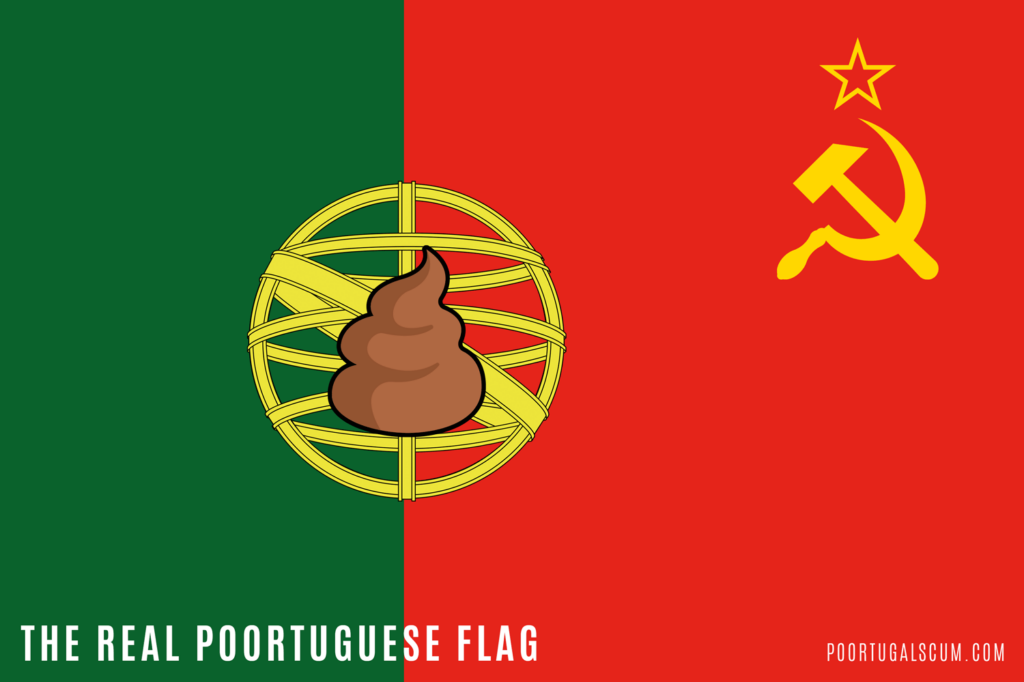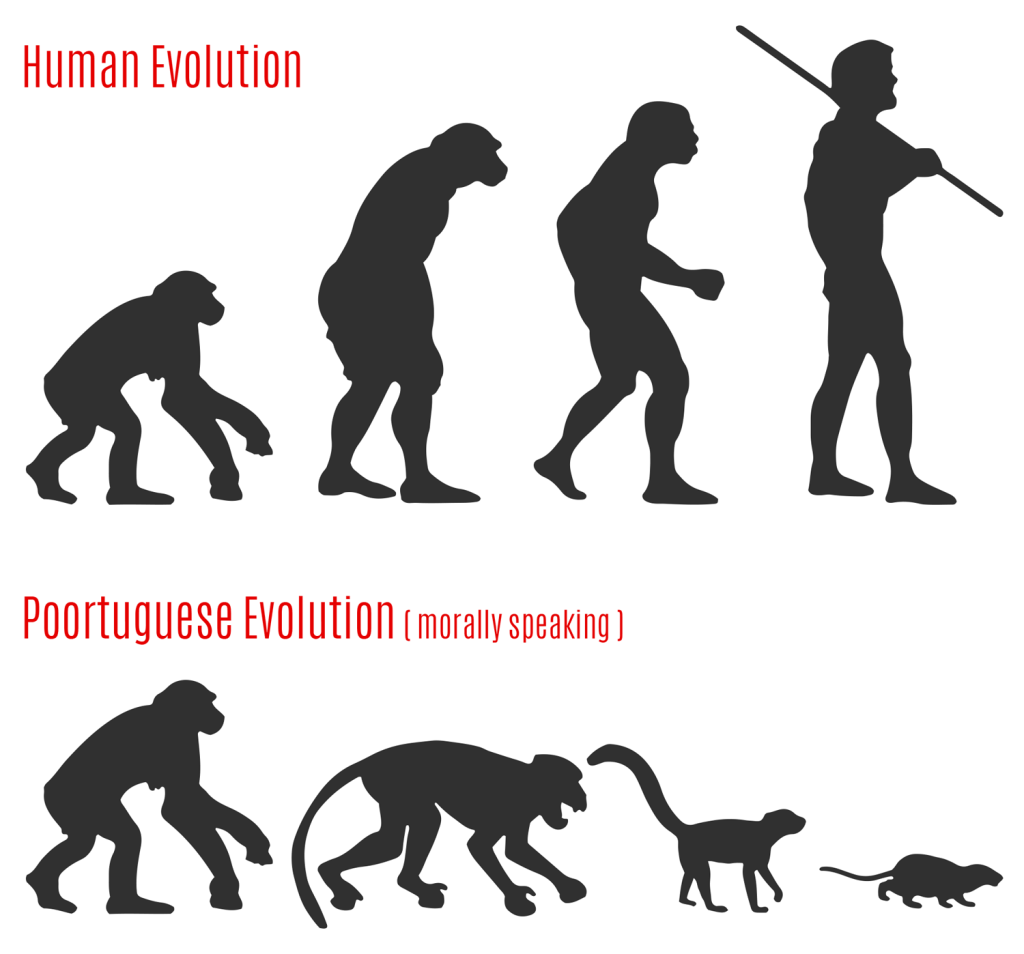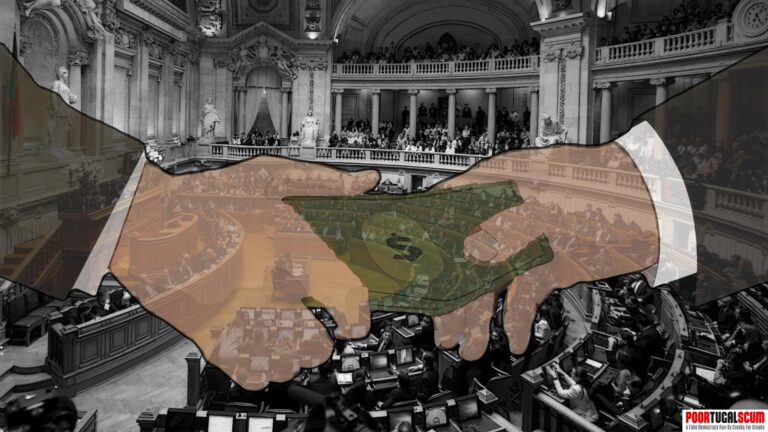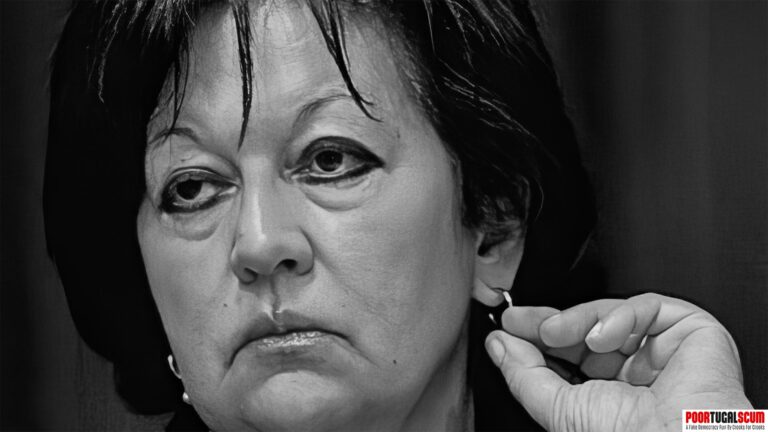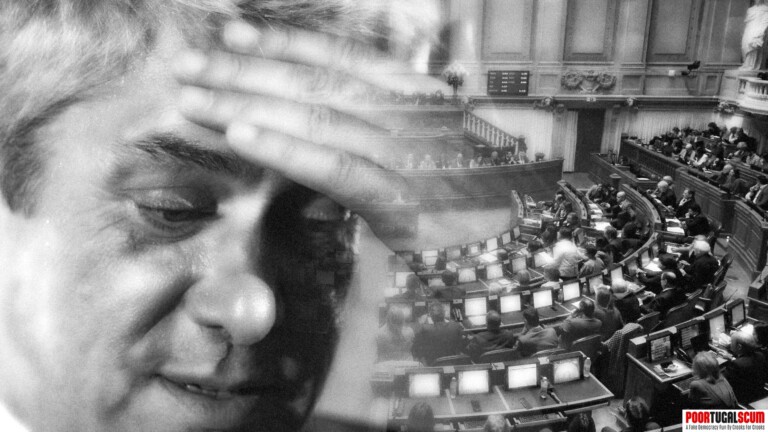The Portuguese political class is in fact, for the most part, a “mega center of corruption in plain sight”, where the greatest promiscuity reigns between people who alternate between holding public office and managing business groups that supply the Portuguese state.
Much, if not most, of the taxes that the Portuguese pay with great sacrifice, taken from their meager salaries, are sucked up by the infinite mechanisms of corruption, be it small, medium or large institutionalized corruption.
Corruption mechanisms in which many of them even persist ad eternum, as is the case of the real theft that is the tolls on Portuguese roads, which have already been paid for amounts 2, 3, 4… times higher than the true cost, and which continue to be paid directly from the pockets of the Portuguese, but they don’t mind a bit at all.
The following article is a translation (mostly MT). You can find the link to the original website at the end of it.
The vice-president of the Transparency and Integrity association, Paulo Morais, stated today that a large part of the taxes that the Portuguese pay are “melting” into corruption mechanisms.
“A large part of the approximately 80 billion euros that the State spends per year is spent on mechanisms of perfect corruption, some of which are well known”, highlighted Paulo Morais, in an interview with the Lusa agency.
According to Paulo Morais, “it will be enough to focus on the aspect of public-private partnerships”, namely the renegotiation with the concessionaires of the former SCUT, which meant that the Portuguese began to pay twice as much: in tolls and in taxes to pay for highways that will still remain more expensive.
The university professor of statistics and former vice-president of the Chamber of Porto classified the example of the SCUT
“clearly a case of damage caused by intent on the part of the Portuguese State as a result of collusion between those who negotiate on behalf of the State and the concessionaires who obtained the concession “.
“Through a mechanism pompously and euphemistically called daily road availability, guaranteeing profitability of around 14, 15 percent for concessionaires on prices that, in turn, were already high, regardless of traffic, is perfectly unacceptable”, he considered.
For Paulo Morais, the possible cessation of the new conditions agreed for the ex-SCUT “is an issue that must be addressed urgently,
because for every month that passes, millions of euros are lost by the Portuguese people to pay some gentlemen who managed to, at the expense of the connivance of people in the State, guarantee truly obscene incomes”.
The vice-president of the Portuguese section of Transparency International once again accused the Portuguese political class of having transformed itself into a “mega business center”,
where promiscuity reigns between people who, alternately, hold public office and manage business groups that supply the State.
“It doesn’t make sense for the Portuguese to pay so many taxes. It doesn’t make sense that a person who takes 700 or so euros home at the end of the month costs their company, for tax reasons, 1,600”, he argued.
According to Paulo Morais, the difference between the real cost of the worker and the salary he receives goes in part to services that citizens use, but also
“a lot of it goes to corruption mechanisms”.

